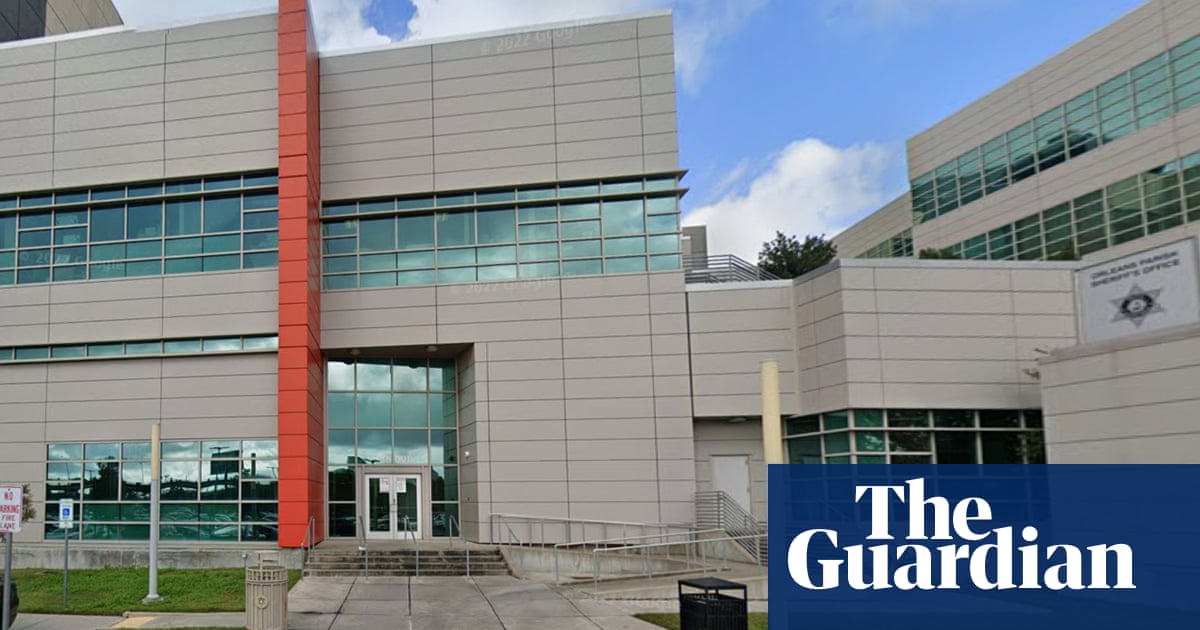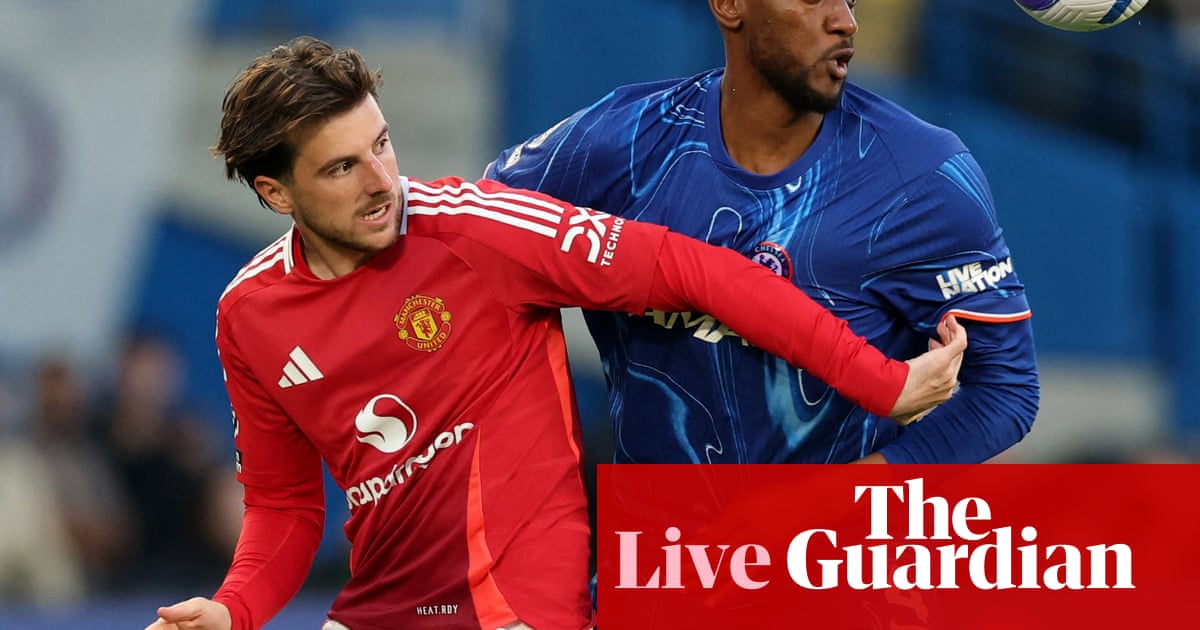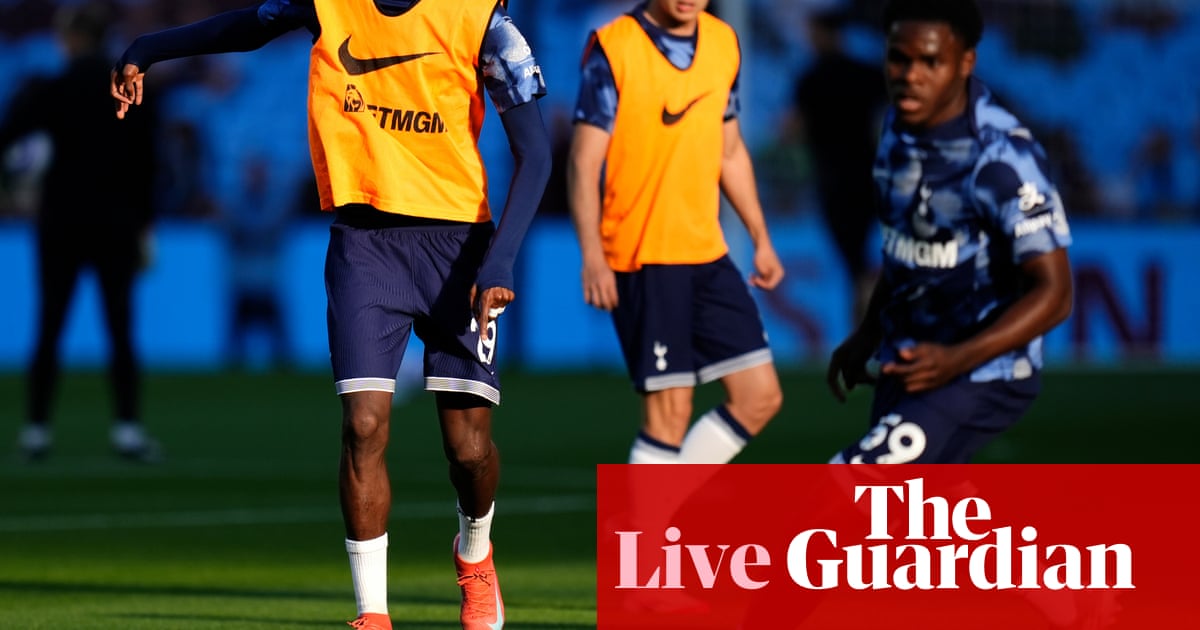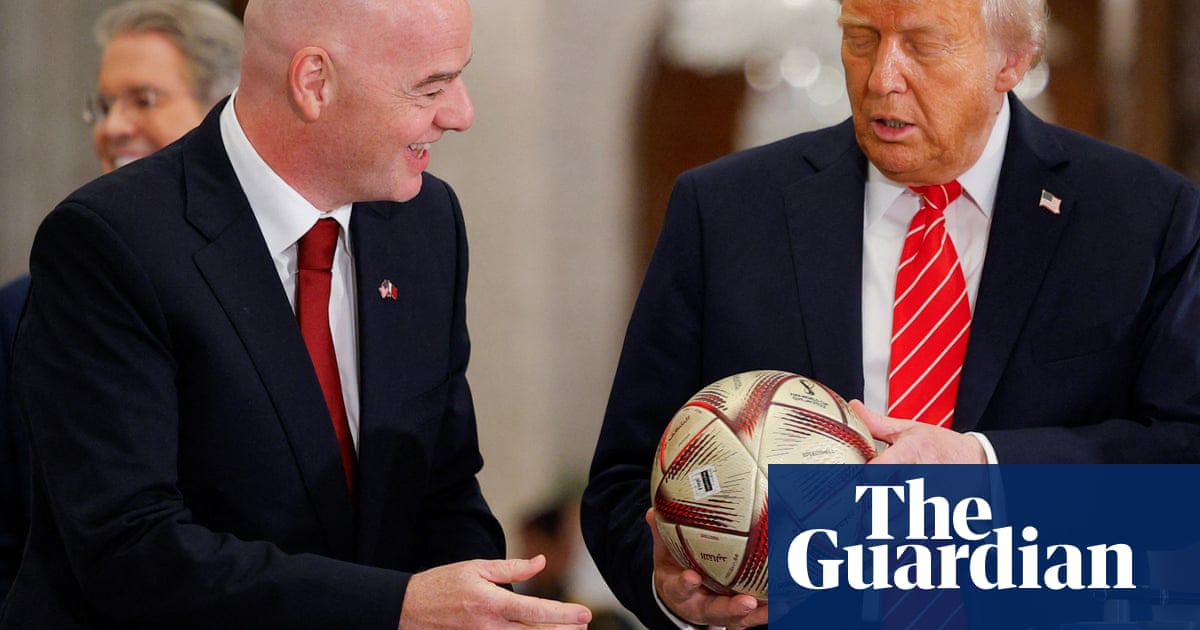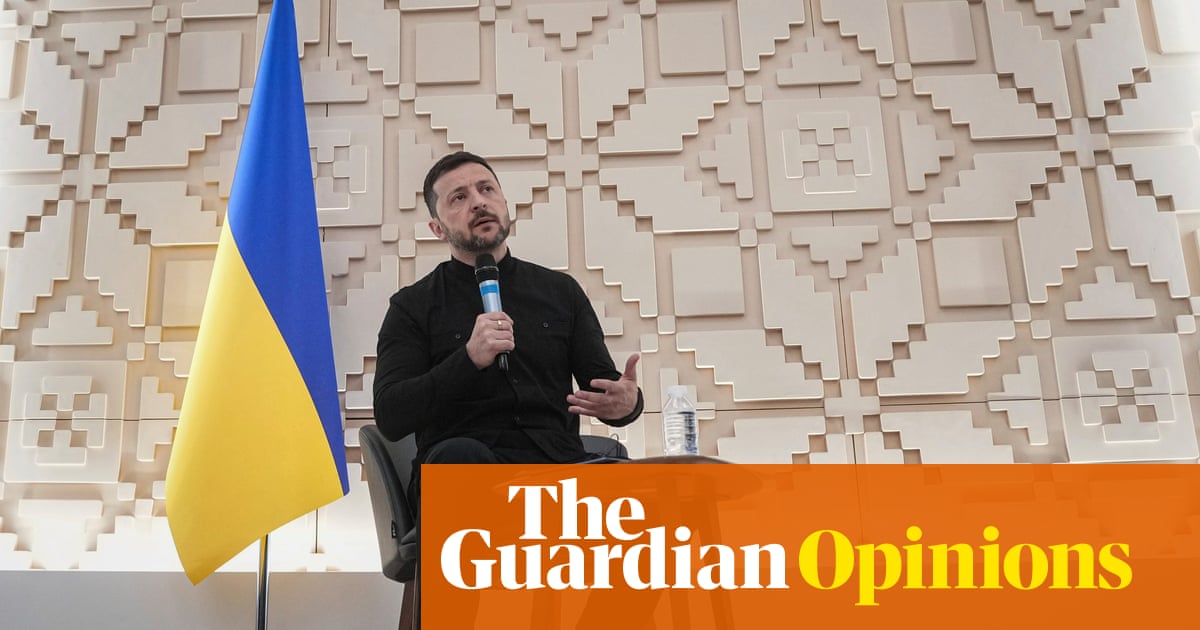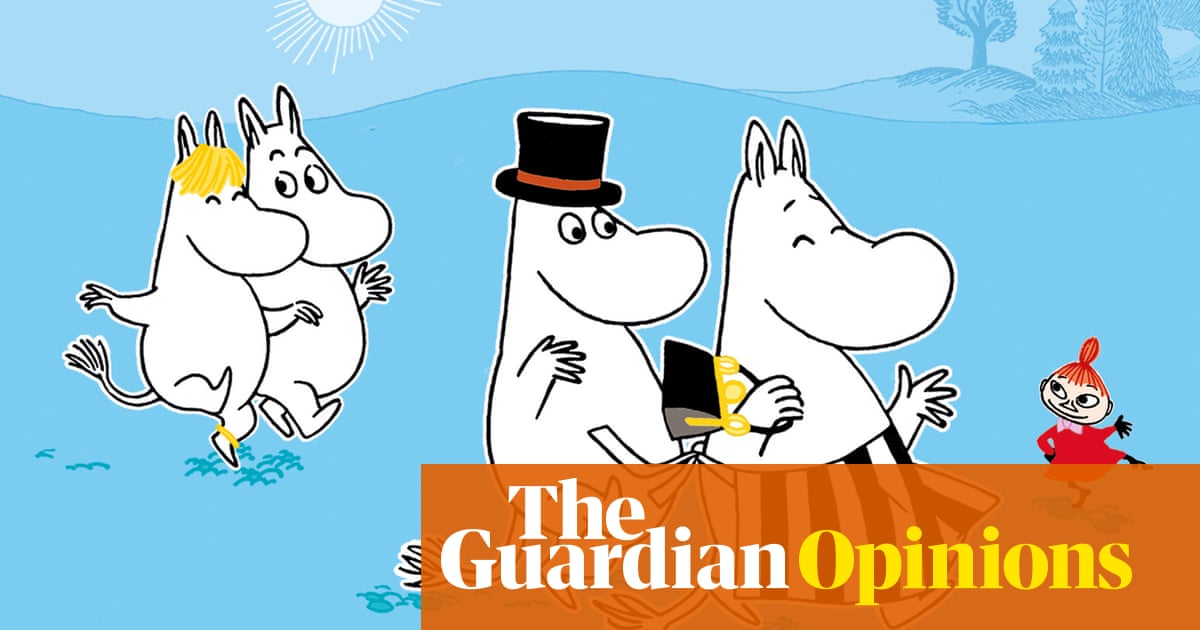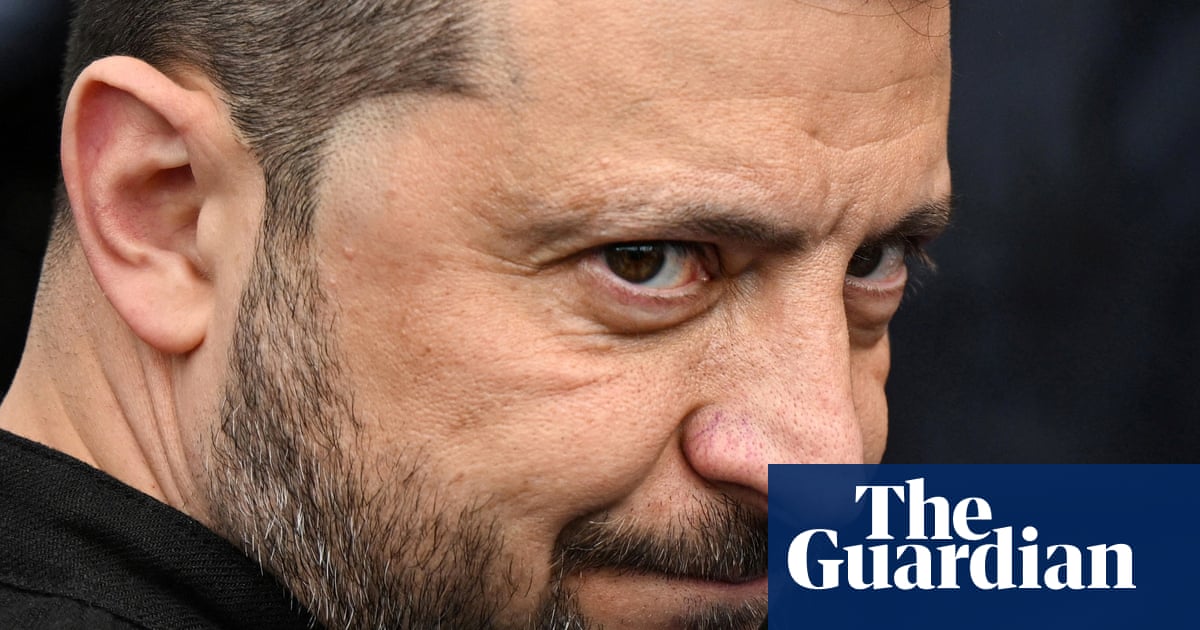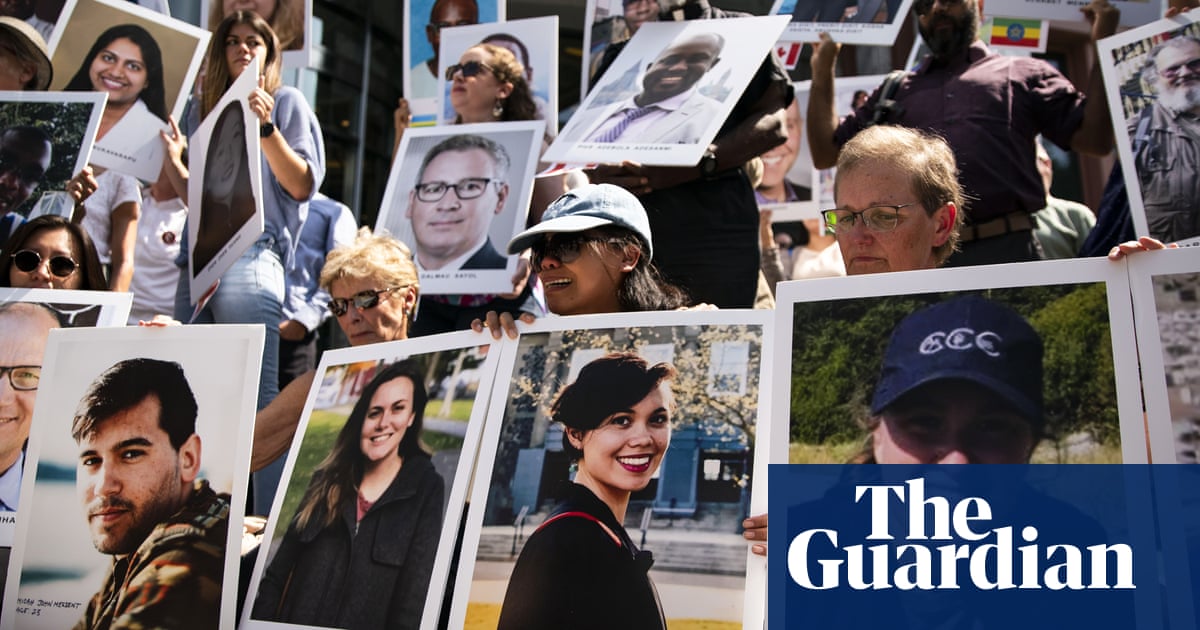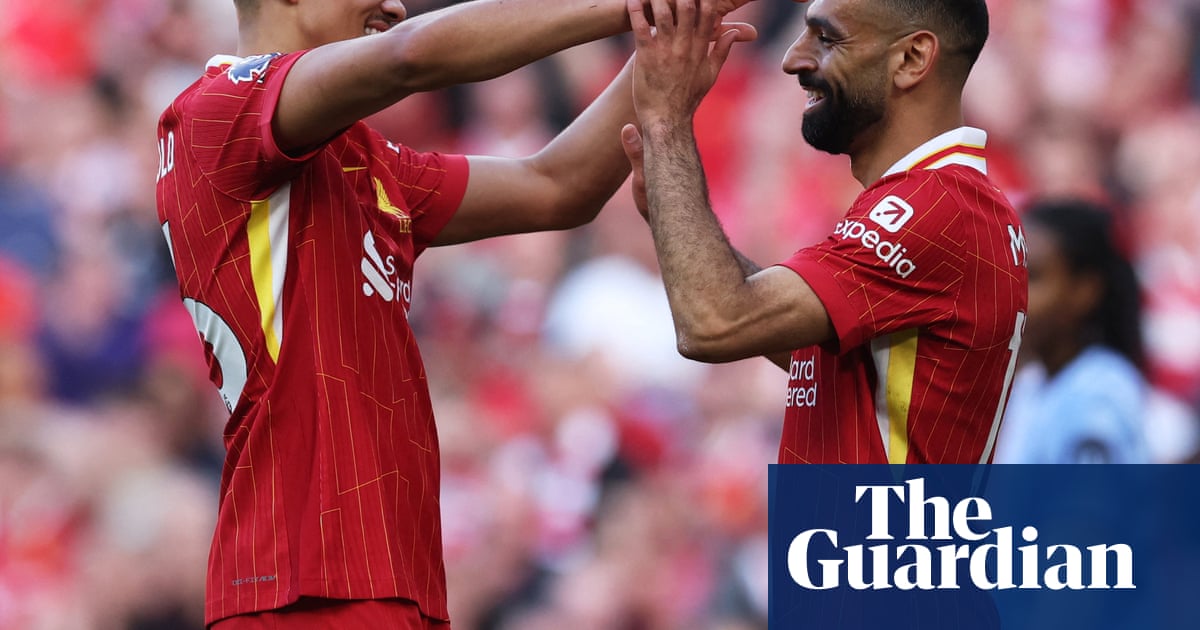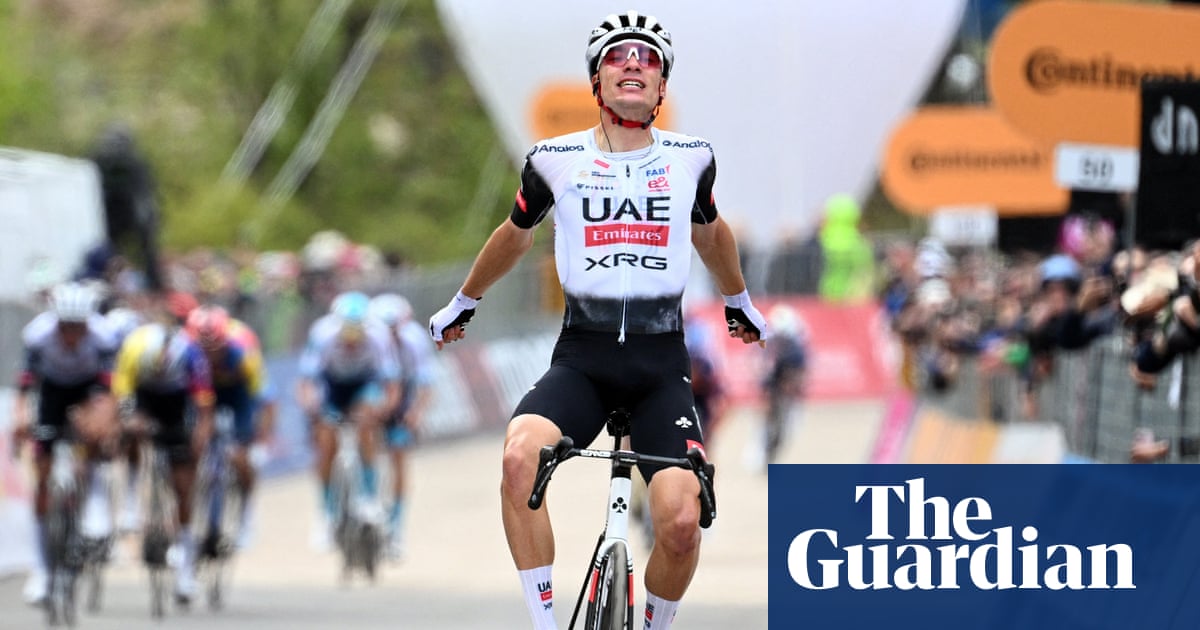This Scottish football season involved a debate surrounding the possibility of reconstruction. Would 10, 14 or 16 be the ideal number of Premiership sides, as opposed to the present dozen? There was, however, a tartan elephant in the room. Scotland has been operating a one, one-and-a-half or two-team league for far longer than is healthy. There is no indication that can change. Distress signals should have been raised long ago.
Celtic’s match against St Mirren on Saturday will precede receipt of the Premiership trophy. For Celtic, this is a 12th title in 13 seasons. The likely defeat of Aberdeen in the Scottish Cup final on Saturday week will secure a sixth domestic treble since 2016. Cliche suggests Celtic and Rangers joust for honours, and occasionally they do. This, however, is an unprecedented spell of Celtic dominance.
St Mirren’s visit to Parkhead is a competitive mismatch to the point of farce, a business with £124m worth of turnover hosting one with £6m. None of this is Celtic’s fault. They are undeniably well run; this is a club that has collected close to £300m in player sales since 2015. Yet Scottish football has a problem; a reputational, sporting problem. A hapless Rangers class of 2025 begin the final weekend of the league campaign 17 points clear of Hibernian in third.
It is not for others to tell Celtic supporters how to celebrate. And celebrate they will, in a wild manner that has become typical. “Part of it is still that any championship Celtic win, Rangers haven’t won it,” says Andrew H Smith of The Celtic Underground podcast. “This yin and yang thing. Fans want more titles than Rangers, more cups than Rangers, more corners than Rangers, more shots on target … you will always have that.” Aficionados such as Smith well remember the 1990s, when Rangers lorded it over their city rivals. Celtic were fourth in 1993-94 and 1994-95.
A broader anniversary is worthy of consideration. When Callum McGregor hoists the Premiership trophy aloft at the weekend, 40 years will have passed since a team other than Celtic or Rangers won the Scottish top flight. Paul Hardcastle topped the charts and Aberdeen retained the flag. The revolutions overseen by Alex Ferguson at Pittodrie and Jim McLean at Dundee United felt permanent. Now they are distant points of reference.
Kevin Stirling first attended Pittodrie in the late 1960s. As Aberdeen’s historian, he is perfectly entitled to yearn for the 1980s. “When we won the Premier League it was the old trophy,” he says. “The current Premiership trophy? I have no affiliation to that whatsoever because we have never been near it.”
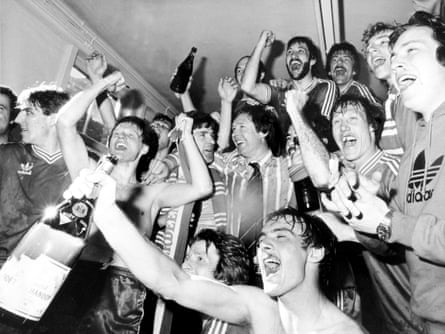
Yet Stirling is not bitter. Far from it; instead he is accepting of a hopeless situation. “It [the Scottish title race] is tedious for everybody else,” he says. “It will never get old for a Celtic supporter given the losses are so painful because you are used to winning.
“Craig Burley once said to me that what he loved about Celtic was the feeling of a draw being like a death in the family. You win all the time but you have to win all the time. That sounds glib but it is not. You cannot countenance not winning.”
A glance further back in time identifies Scottish football’s halcyon era. Between 1950 and 1965 seven teams – Rangers, Hibs, Celtic, Aberdeen, Hearts, Dundee and Kilmarnock – were champions. In that period the Scottish Cup arguably carried more prestige than the championship, with Celtic’s nine titles in row from 1966 altering perceptions and nowhere more so than at Ibrox; Rangers became consumed by trying to tie that record in the 90s.
Brendan Rodgers speaks of the intensity and demands of his club as unlike any other. This is continuation of a theme, as evidenced by the way Martin O’Neill speaks about the challenges he encountered at Celtic between 2000 and 2005. “We couldn’t treat any team in the league lightly because you would come unstuck,” he says. “And look at the team Rangers had during my time there. They admit themselves they should have done better in the Champions League because they had the ability. We won the league a couple of times by big margins but that was hard work; we had to be right at it. You couldn’t go to Tynecastle or Easter Road expecting to win.”
O’Neill applies useful fiscal context. “Rangers could spend £12m on Tore André Flo. I spent £5.5m on Neil Lennon, we got £6m for Mark Viduka and I turned that over for Chris Sutton”. Even in two decades, the notion of Celtic buying established players from mid-ranking Premier League teams has become a fanciful one. Economic forces harm Celtic, too, despite them being a much bigger club than Bournemouth, Brentford and Brighton.
Richard Gough played in Dundee United’s championship-winning team of 1983. He captained Rangers to nine in a row, the last 14 years later. “We took it for granted, we thought it was normal,” says Gough of his success at Tannadice. “I was in the team at 18, playing with wonderful players: Narey, Hegarty, Sturrock, Bannon, Milne. You look back now, you wonder how that team managed to stay together. But they didn’t want to sell anyone. There were offers coming in for me – I could have gone to Arsenal – but the manager just never told you. Dundee United and Aberdeen could hold on to their players. That was a key factor. You also had two geniuses in charge.”
Graeme Souness’s arrival at Rangers in 1986 altered Scottish football’s path for ever. Gough ended up at Ibrox via Tottenham. Terry Butcher came straight from Ipswich. Both centre-backs were Manchester United targets at the time. With English teams banned from European competition, Souness could tool up.
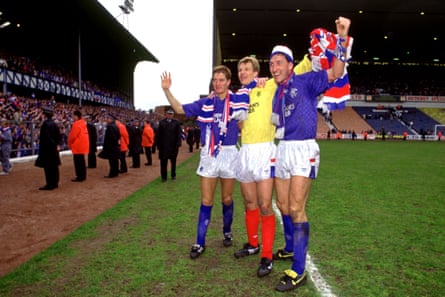
“We played [in the] Champions League for years in a row,” Gough recollects. “We would play Juventus or Marseille on a Wednesday night then we would go to Motherwell. So I would be up against Rudi Völler or Alen Boksic then have Dougie Arnott kicking me up the arse on the Saturday. These were all really difficult, really different games. If you didn’t meet the challenge full-on, you would get turned over. We had the better players, we knew that, but you had to be properly motivated.”
About 40% of Scottish football’s income emanates from supporters. While giddy marketing messages point to attendance per capita being among the highest in Europe, the numbers are incorrect as season tickets are counted automatically in crowd releases. The prime television contract, with Sky Sports, is worth about £30m per season.
“Belgium changed their format; they had eight league winners in 15 years and their TV deal trebled,” says Gavin Noon of the hugely informative scottishfootball.info. “They saw massive change from a much more competitive league. Scotland has largely been left behind because of the TV deal. England had their ‘new’ league in 1992; at that point Rangers had the same wage bill as Manchester United.
after newsletter promotion
“If in the 90s Rangers hadn’t won nine in a row and, say, Dundee United and Aberdeen had won titles, would we have as much of a disparity now? So much of the money for Celtic and Rangers is from fans who are all over Scotland. Had kids grown up watching Dundee United winning the title would they get 15,000 every week and Rangers only 35-40,000? It is impossible to tell but I believe if we still had three or four teams challenging every year, everything would be better. We would have a better TV deal, a higher coefficient to generate more money and a fairer distribution of fans outside Glasgow.”
There is one glimmer of hope. Tony Bloom appeared at Hampden Park last week in what should prove to be a rubber-stamping exercise for the Scottish Football Association as the businessman and owner of the Premier League club Brighton hopes to take a 29% stake in Hearts. The Edinburgh club already have use of Bloom’s Jamestown Analytics; a £10m share purchase is his way of affirming that he has belief in what that can achieve.
Robbie Neilson, who managed Hearts to third-place finishes, articulates how bizarre the present situation can be for a coach. “Starting a season, what it your objective? It is usually to win the league,” Neilson says. “But in Scotland it is not really. So that is difficult. I always felt it was a case of trying to win every single game, trying to win the next game. That was my thought process. You don’t start a season saying: ‘Right lads, we are going to win the league,’ but you might say: ‘The first three games are x, y and z, let’s take this amount of points.’
“You finish third. Realistically all you are trying to do is sustain it. If you can get third again, with European football factored in, you have done unbelievably well. Our aim was to get three, four, five seasons of finishing third to give us enough money to maybe have a wee pop at it [challenging for the title] one season. But even then I think it would be almost impossible. It’s not an even playing field where you have a real chance. You can be 1-0 up on Celtic after 60 minutes and they bring on £30m worth of talent.” The decision of smaller Scottish clubs to wave through plans for five substitutions was unfathomable in this context.
There have been moments in time. Hearts came within seven minutes of the title in 1986. Aberdeen went to Ibrox on the final day in 1991 needing a point to become champions only to see Rangers win 2-0. “If we had won it would have been great and we could have built on it,” Stirling says. “But would Rangers have responded to that? Of course they would. They would just have gone out and bought bigger because that is what they were doing.”
Hearts had hope at the start of the 2005-06 season. “We were paying Edgaras Jankauskas £18,000 a week,” says Neilson, a player at Tynecastle at the time. “We had other players on big, big money. We probably had 10-12 big hitters. So you were actually competing. We would go to Dundee United or Kilmarnock with confidence we would turn them over, with a centre-forward from Porto who had just won the Champions League [Jankauskas]. It was brilliant but ultimately it led to the club going into administration. It was proven as being unsustainable.”
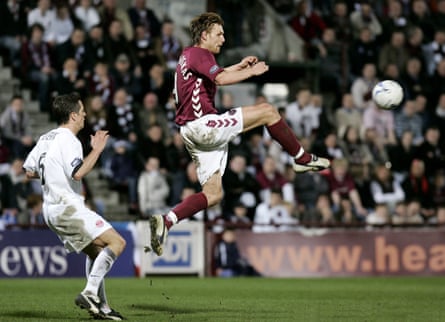
O’Neill points out that other nations have two-horse races. Red Star and Partizan have dominated Serbian football since the early 1990s; Dinamo Zagreb have only once been beaten to the Croatian title since 2005. Still, no scenario is as stark as the one in Scotland.
Noon ponders an interesting question. “If we just had one team for 40 years, unchallenged, would that team have produced better players and signed the best Scots from the rest of the league?” he asks. “Croatia are obviously producing players to a far better level than Scotland.” Instead it is an undoubted truism that fear of losing means the Old Firm will not appropriately blood academy prospects. There is still a talent flow from Scotland to England. That exists only in respect of youth talent, which has become a commodity for Premier League sides because of the impact of Brexit on their academy squads.
Stirling boarded a train from Aberdeen to Glasgow for the 1970 Scottish Cup final, his father warning an 11-year-old that his team might not win against the might of Celtic. Aberdeen did prevail. They could again next weekend. It would just feel like catching lightning in a bottle. Scottish football needs a reboot to stop 40 years winding on towards 80.

 10 hours ago
11
10 hours ago
11
